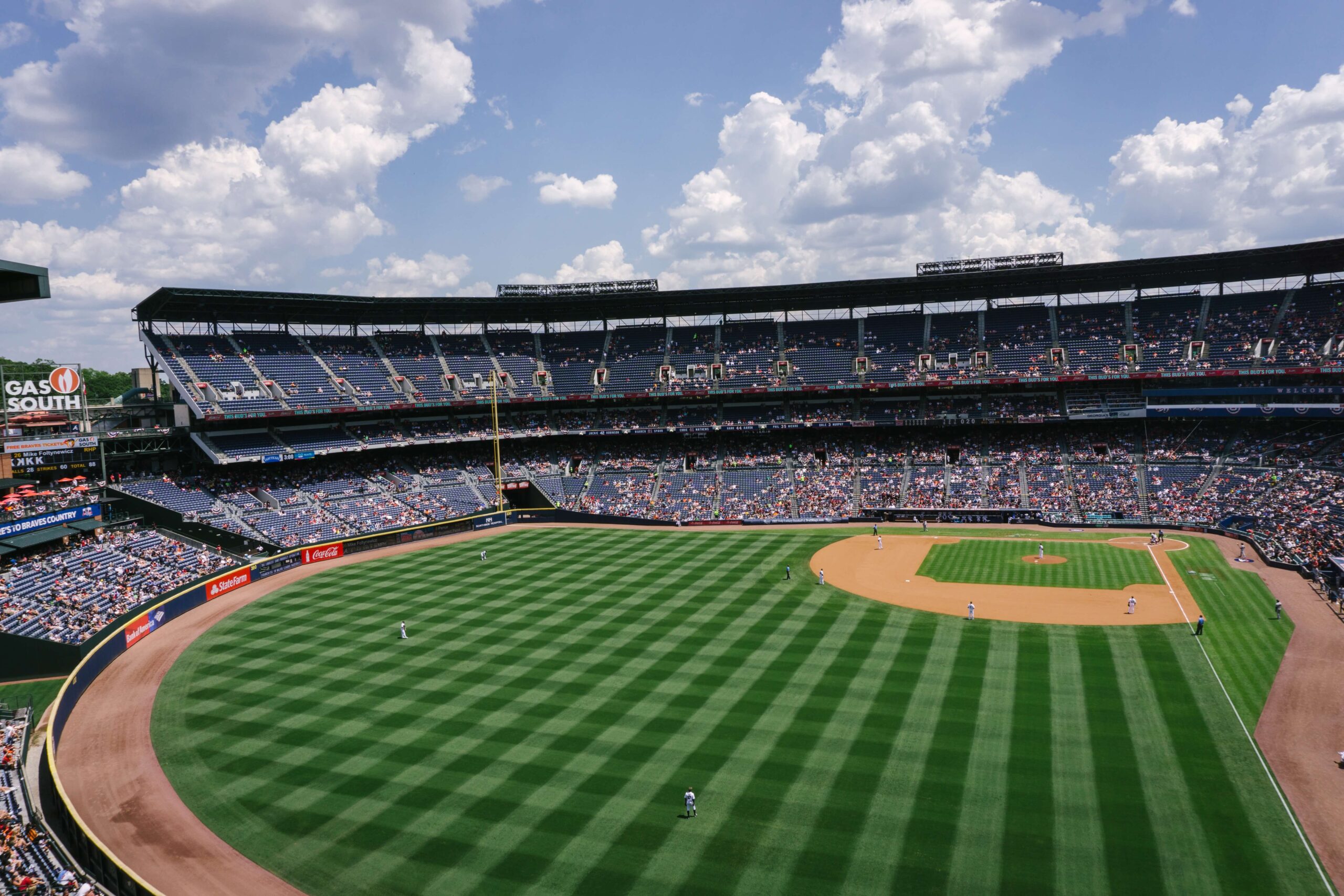Among the many provisions of the $1.3 trillion omnibus spending bill that Congress passed in March of 2018—buried on page 1,967—is an exemption for minor league baseball players from federal minimum wage protections. The Save America’s Pastime Act is likely to mean a certain loss for the players who had sued Major League Baseball (MLB) four years ago, claiming that it violated the Fair Labor Standards Act’s minimum wage and overtime provisions.
The provision in the omnibus spending legislation creates an exemption for:
any employee employed to play baseball who is compensated pursuant to a contract that provides for a weekly salary for services performed during the league’s championship season (but not spring training or the off season) at a rate that is not less than a weekly salary equal to the minimum wage . . . for a workweek of 40 hours, irrespective of the number of hours the employee devotes to baseball related activities.
In 2016, U.S. Representative Brett Guthrie (R-KY) and Representative Cheri Bustos (D-IL) had introduced a similar bill, claiming that without the exemption, minor leagues would face cuts that could jeopardize teams and the cities where they play.
The collective bargaining agreements of major league players set the minimum salaries for players on 40-man rosters, which is set at $545,000 for players in the major leagues during the current season. Players in the minors receive $88,900 (if they are signing at least their second contract) and $44,500 (if they are signing their first big league contract). However, minor league players could make as little as $1,150 per month. Minimum salaries for most players on minor league rosters could be as low as $1,100 per month at rookie ball and Class A levels, $1,500 per month at the Double-A level, and $2,150 per month at the Triple-A level.
MLB argues that the players in the minors are seasonal workers and that paying players the minimum wage could put the MLB parent clubs that pay minor-league players out of business. MLB also argues that it would be too difficult to track minor-league players’ hours. To this end, MLB is estimated to have spent over $1 million in 2016 and 2017.
What Does This Mean for the Players’ Lawsuit?
The lawsuit had previously been certified as a class action for certain minor league players, but MLB has since asked U.S. Court of Appeals for the Ninth Circuit to overturn the certification. In light of the new legislation, there is a chance that the class action may be decertified or lose on the merits. However, the legislation does not indicate retroactive application. Thus, the minor league players’ class action will likely remain in play through the effective date of the Save America’s Pastime Act. Unfortunately, the Act does bring uncertainty into the mix, but if the Ninth Circuit agrees to MLB’s request, there may be more clarity on the issue in the coming years.





